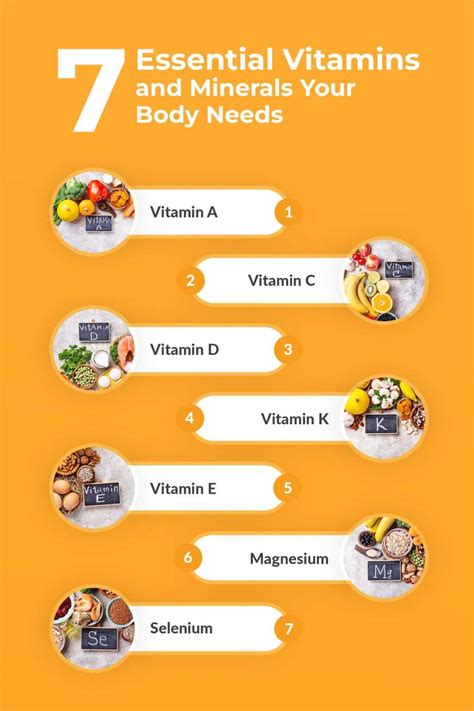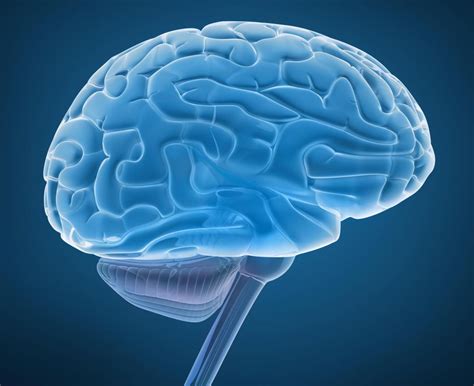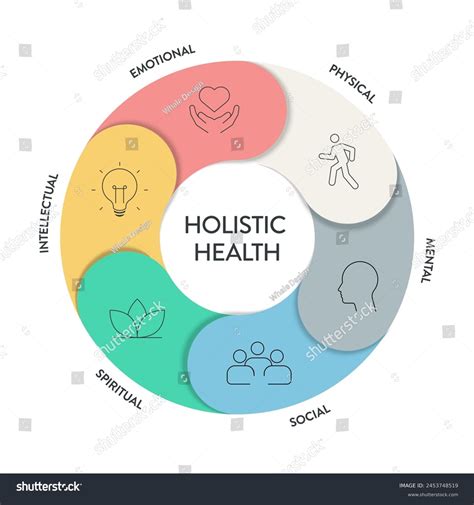Optimize male peak performance: Nutrition for energy & focus?

Fueling Your Prime: The Nutritional Blueprint for Male Energy and Focus
In today’s demanding world, men are constantly seeking ways to enhance their physical stamina, mental clarity, and overall productivity. While exercise and adequate sleep are critical, the often-underestimated cornerstone of peak performance lies in our daily nutritional choices. The right diet doesn’t just prevent illness; it actively powers your body and brain, optimizing energy levels, sharpening focus, and supporting vital physiological functions.
This article delves into how specific nutritional strategies can unlock and sustain your optimal male performance, transforming how you feel and function throughout the day.

The Macronutrient Foundation: Building Blocks for Energy
Macronutrients – carbohydrates, proteins, and fats – are the primary sources of energy and structural components for your body. Getting the balance right is crucial for sustained performance.
Complex Carbohydrates: The Sustained Energy Source
- What they do: Provide a steady release of glucose, fueling muscles and brain without the energy crashes associated with simple sugars.
- Best sources: Whole grains (oats, quinoa, brown rice), sweet potatoes, legumes, and fruits. These foods are also rich in fiber, which aids digestion and promotes satiety.
Lean Proteins: Muscle Repair and Satiety
- What they do: Essential for muscle repair, growth, and the production of enzymes and hormones. Protein also promotes satiety, helping to manage weight and prevent overeating.
- Best sources: Lean meats (chicken breast, turkey), fish (salmon, tuna), eggs, dairy (Greek yogurt, cottage cheese), and plant-based options like lentils, beans, and tofu.
Healthy Fats: Brain Health and Hormone Balance
- What they do: Crucial for brain function, hormone production (including testosterone), nutrient absorption, and reducing inflammation.
- Best sources: Avocados, nuts (almonds, walnuts), seeds (chia, flax), olive oil, and fatty fish (salmon, mackerel). Prioritize unsaturated fats and limit trans fats.

Micronutrient Powerhouses: Vitamins and Minerals for Vitality
While needed in smaller quantities, vitamins and minerals play colossal roles in energy production, cognitive function, and overall health.
B Vitamins: The Energy Catalysts
- What they do: Essential for converting food into energy. Deficiencies can lead to fatigue and impaired cognitive function.
- Best sources: Whole grains, lean meats, eggs, leafy green vegetables, and legumes.
Magnesium: Muscle and Nerve Function
- What they do: Involved in over 300 biochemical reactions, including muscle contraction, nerve function, blood glucose control, and energy metabolism.
- Best sources: Leafy greens, nuts, seeds, legumes, whole grains, and dark chocolate.
Zinc: Immunity and Hormone Support
- What they do: Critical for immune function, wound healing, and testosterone production.
- Best sources: Oysters, red meat, poultry, beans, nuts, and whole grains.
Omega-3 Fatty Acids: Brain and Heart Health
- What they do: Powerful anti-inflammatory effects, crucial for cognitive function, memory, and mood regulation.
- Best sources: Fatty fish (salmon, sardines, mackerel), flaxseeds, chia seeds, and walnuts.

Strategic Eating for Sustained Focus and Energy
Hydration: The Often-Forgotten Fuel
Dehydration, even mild, can significantly impair cognitive function, mood, and physical performance. Aim for at least 8 glasses of water daily, more if you are active or in a hot climate. Water is essential for nutrient transport, temperature regulation, and joint lubrication.
Consistent Meal Timing
Eating balanced meals and snacks at regular intervals helps stabilize blood sugar, preventing energy dips and promoting consistent focus. Avoid skipping meals, especially breakfast, which kick-starts your metabolism.
Mindful Snacking
Choose nutrient-dense snacks like a handful of nuts, Greek yogurt with berries, or an apple with almond butter over processed options. These provide sustained energy and essential nutrients without the sugar crash.

Beyond the Plate: A Holistic Approach
While nutrition is paramount, it functions best within a holistic lifestyle. Adequate sleep, regular physical activity, and stress management techniques amplify the benefits of a performance-enhancing diet. Consider how your food choices support your sleep quality and energy during workouts. Are you fueling recovery properly?

Conclusion
Optimizing male peak performance is not about fleeting trends or restrictive diets; it’s about a consistent, well-rounded approach to nutrition. By prioritizing complex carbohydrates, lean proteins, healthy fats, and a spectrum of vital micronutrients, men can unlock sustained energy, sharpen their cognitive focus, and support overall physical and mental well-being. Make informed food choices your competitive edge, and feel the transformative power of a truly optimized diet.








